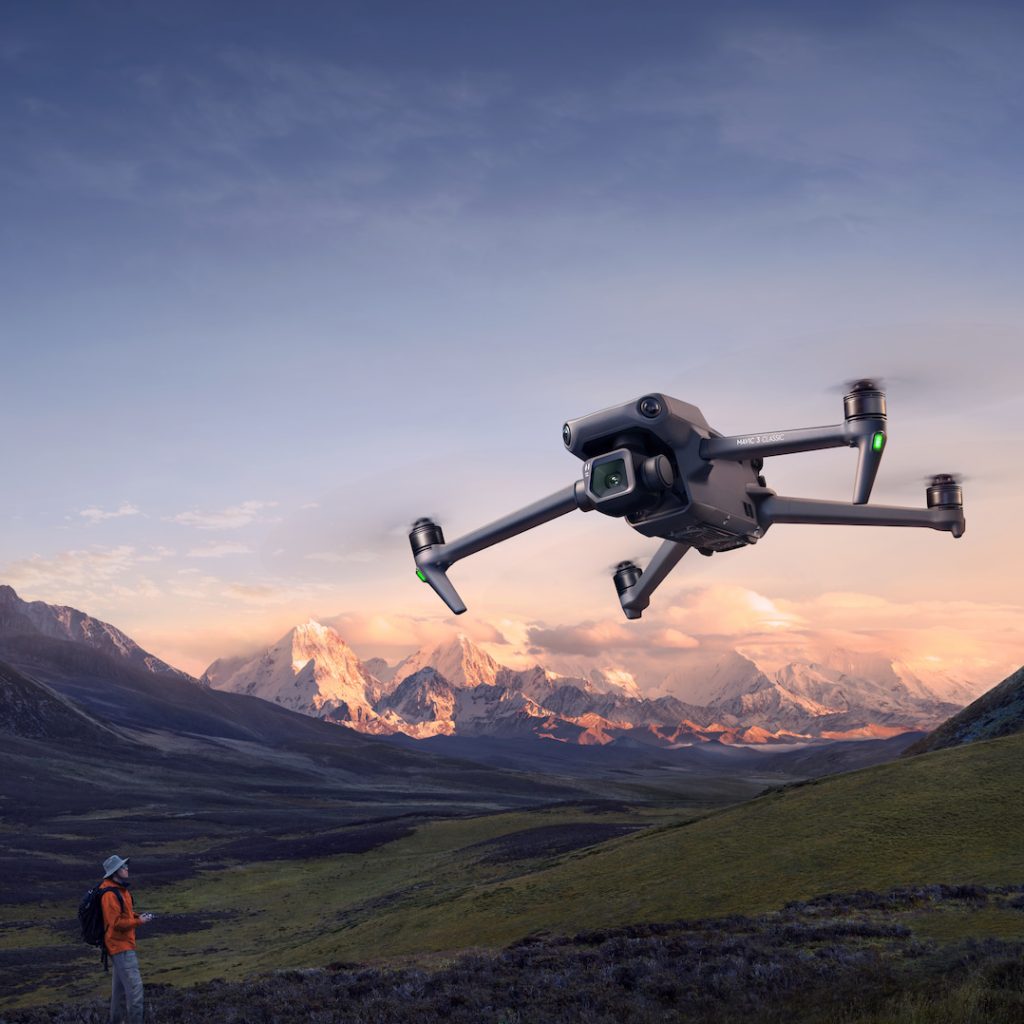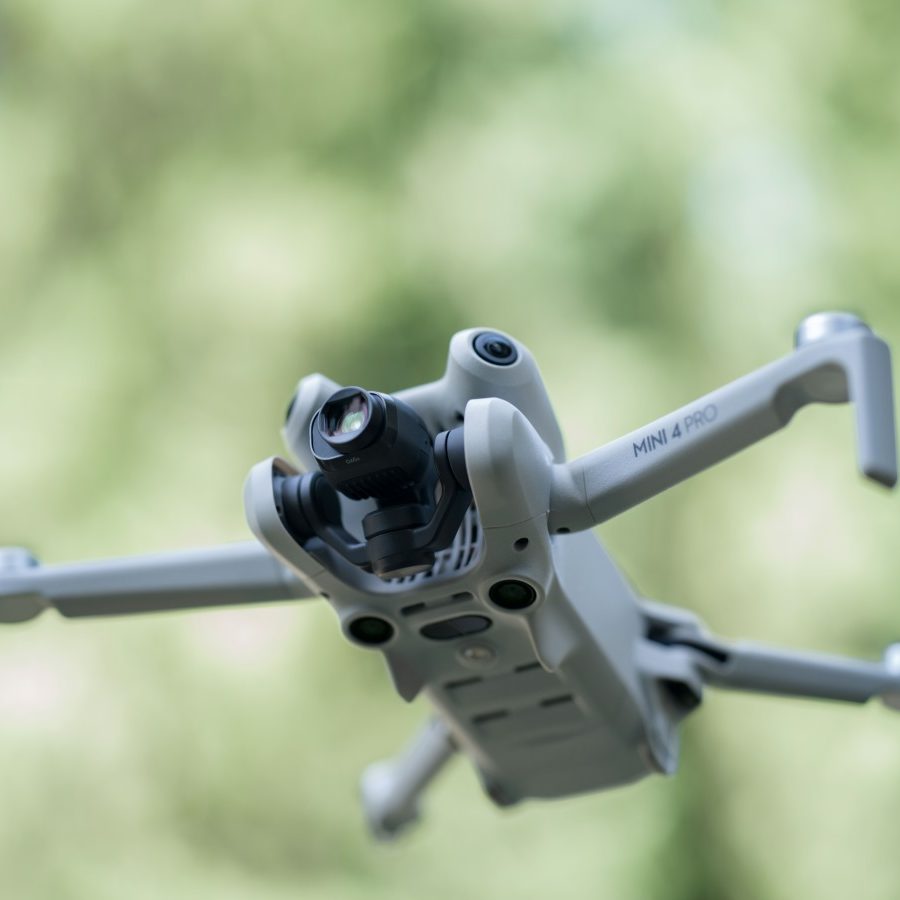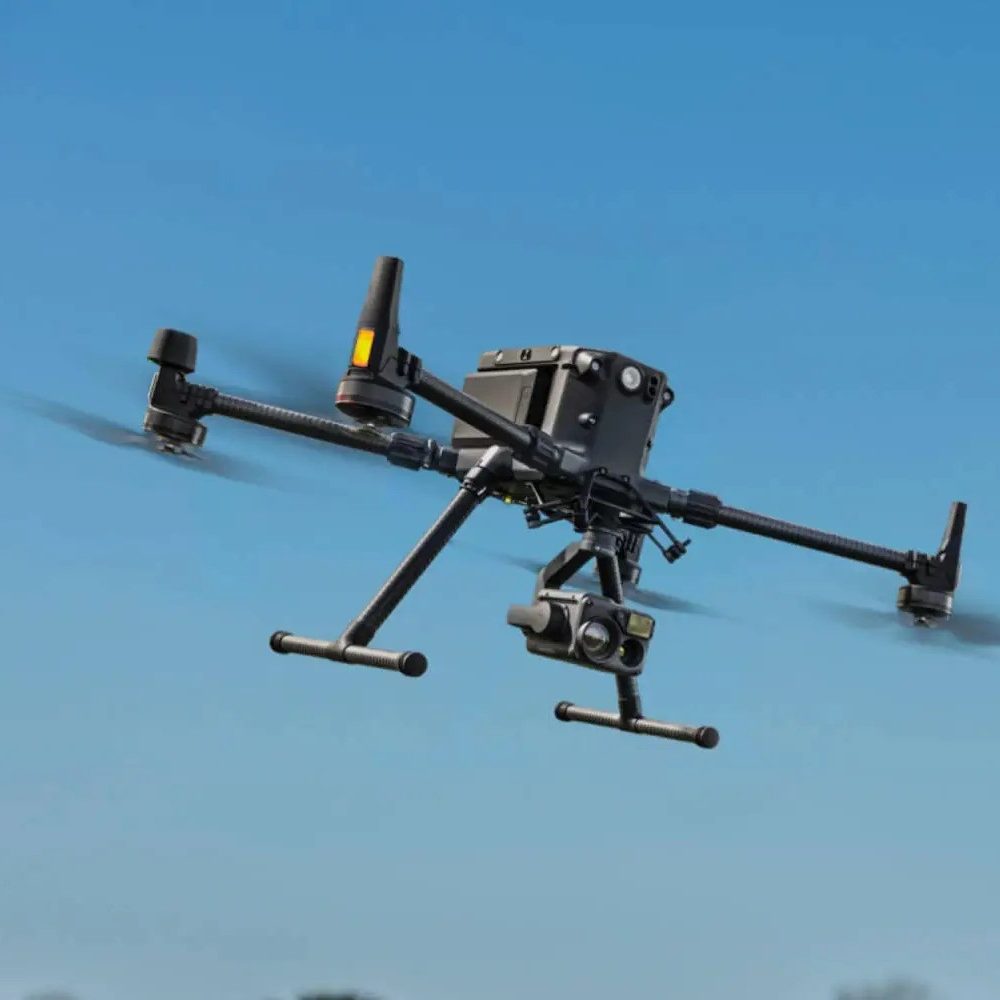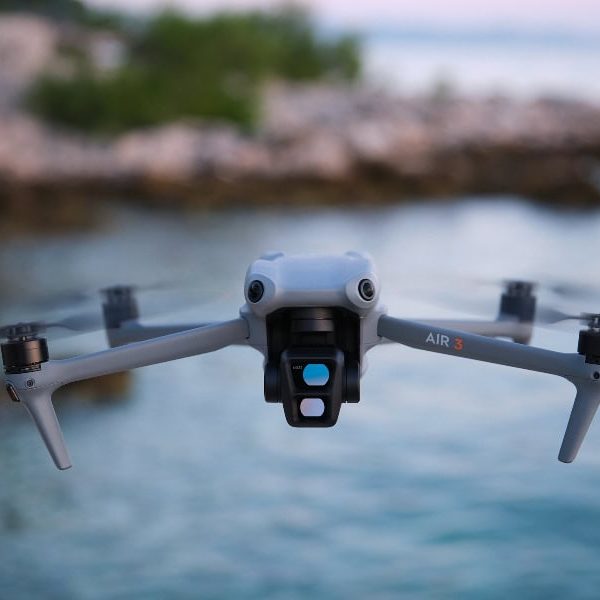Introduction to DJI Drones and the Proposed Ban
DJI drones have gained immense popularity in both the consumer and commercial markets, owing to their advanced technology, user-friendly interfaces, and exceptional imaging capabilities. As a leading manufacturer of unmanned aerial vehicles (UAVs), DJI has revolutionized the drone industry, fostering innovation and making aerial photography and videography accessible to many. However, concerns surrounding security, privacy, and regulatory compliance have led to discussions about banning these drones in various jurisdictions.
Understanding the reasons for a potential ban, as well as its implications for consumers, businesses, and the broader drone community, is essential. This article will explore the factors prompting calls for a ban on DJI drones and examine the potential consequences of such a decision.
Why Ban Dji Drones
The call to ban DJI drones primarily stems from concerns related to security and data privacy. Many governments and organizations worry that these drones may collect and transmit sensitive data back to servers in China, potentially allowing for unauthorized surveillance or data exploitation. Additionally, incidents involving drone misuse, such as flying near airports or military facilities, raise significant airspace safety issues. Regulations surrounding drone operations are already stringent, and the inability of some users to comply amplifies calls for more decisive action. Thus, banning DJI drones is seen by some as a necessary measure to address these multifaceted concerns, prioritizing national security and public safety over the convenience that these widely-used devices provide.

Concerns Surrounding DJI Drones
Security and Data Privacy Issues
One of the foremost concerns regarding DJI drones is related to security and data privacy. Reports have surfaced suggesting that these drones may collect and transmit sensitive data back to servers in China. As national security becomes an increasingly pressing issue, particularly in the context of international relations, this potential data leak raises red flags for governments wary of foreign surveillance.
Additionally, the accessibility of DJI drones for both recreational and commercial use can lead to misuse or improper data handling. Public concerns about how collected data may be used, especially in sensitive situations involving government facilities or private property, contribute to the overall push to ban these devices. Addressing these security issues is paramount for maintaining public trust in drone technology.
Regulatory Compliance and Airspace Safety
Regulatory compliance is another important factor influencing discussions about banning DJI drones. Many countries have strict laws governing the use of drones, particularly concerning airspace safety and the protection of infrastructure. Incidents involving unauthorized drone flights near airports, military bases, and other critical locations heighten concerns over airspace management and the integrity of safety measures.
DJI has made efforts to adhere to regulations by implementing geofencing technology that prevents drones from flying in restricted areas. However, instances of individuals circumventing these restrictions highlight the need for more stringent enforcement and oversight. As a result, some regulators may consider banning DJI drones to ensure that compliance can be better enforced, thus enhancing overall airspace safety.

The Implications of Banning DJI Drones
Effects on Consumers and Hobbyists
Banning DJI drones would significantly impact consumers and hobbyists who rely on these devices for recreation, creativity, and personal expression. Many users are drawn to DJI for its remarkable features, such as high-quality cameras and intuitive controls. A ban would limit options available to these users, forcing them to seek alternatives that may not meet their needs or preferences.
Additionally, the ban could stifle innovation within the drone market. DJI has set industry standards, and removing their products from the market may lead to a lack of competition and slower technological advancements. Consequently, consumers may face fewer choices, and the overall quality of available drones could decline.
Impact on Commercial Industries
The implications for commercial industries that incorporate drone technology are equally significant. DJI drones are widely used in sectors such as agriculture, construction, film production, and surveying. Professionals rely on these devices to enhance productivity, perform aerial inspections, and capture high-quality footage.
A ban on DJI drones could disrupt these industries, potentially leading to increased operational costs and reduced efficiency. Companies might need to invest in less familiar or lower-quality alternatives, which could impact overall project timelines and budgets. The repercussions of such disruptions may extend throughout the supply chain, affecting both workers and consumers who benefit from these services.
Alternatives to DJI Drones
Exploring Other Drone Manufacturers
In the event of a ban on DJI drones, consumers and businesses will need to explore alternatives offered by other manufacturers. Numerous companies, such as Parrot, Autel Robotics, and Skydio, provide competitive drone options. These alternatives vary in terms of features, pricing, and specifications, allowing users to find suitable replacements based on their unique requirements.
However, while there are alternatives, users should understand that each brand may come with its own set of advantages and limitations. Therefore, conducting thorough research and comparisons of these drones is imperative for making an informed decision. Ultimately, the emergence of alternative manufacturers can encourage a more diverse market that cultivates innovation.
Local Regulation and Compliance Solutions
Another potential solution during discussions about banning DJI drones involves collaborating with local regulatory agencies to establish compliance solutions. Encouraging manufacturers, including DJI, to enhance data security and improve compliance measures could alleviate some concerns.
This relationship can create a framework whereby drone manufacturers actively work with governments to address issues related to safety and privacy, fostering a more open dialogue. Encouraging responsible drone usage through education and awareness programs may significantly reduce misuse and build public trust in the technology.

The Future of Drone Legislation
Evolving Regulations for Drone Technology
As drone technology continues to advance, it is imperative to develop comprehensive regulations that reflect the current landscape. Regulatory bodies must create frameworks that effectively address concerns while promoting responsible drone use and innovation.
By focusing on regulations that balance safety with technological growth, policymakers can cultivate an environment where both consumers and manufacturers prosper. Developing clear guidelines for data privacy, airspace management, and operational compliance can foster trust and safety in the industry, potentially reducing the calls for bans on specific manufacturers.
The Role of Public Awareness and Education
Public awareness campaigns and educational initiatives can play a critical role in shaping perceptions around drone technology, including the implications of a drone ban. By informing the public about proper drone usage, safety measures, and regulatory requirements, the chances of violations can be significantly reduced.
Moreover, emphasizing the benefits of drone technology for various sectors can mitigate fears surrounding security and compliance. Engaging community members, schools, and local organizations in discussions about responsible drone use can help build trust in the technology while demonstrating its positive impact on society.
Conclusion
The discussion surrounding the potential ban of DJI drones reflects the complex interactions between technology, regulation, and public perception. While concerns around security, data privacy, and airspace safety are legitimate and warrant attention, it is essential to consider the broader implications of such a ban.
Through balanced regulations, engagement with alternative manufacturers, and educational initiatives, stakeholders can work together to address the concerns surrounding drone technology. Ultimately, fostering responsible use and public trust will help ensure that innovation continues to thrive in the drone industry, benefiting both consumers and commercial sectors alike. As the landscape of drone technology evolves, maintaining an open dialogue will be crucial in navigating the path forward while addressing pressing concerns.


